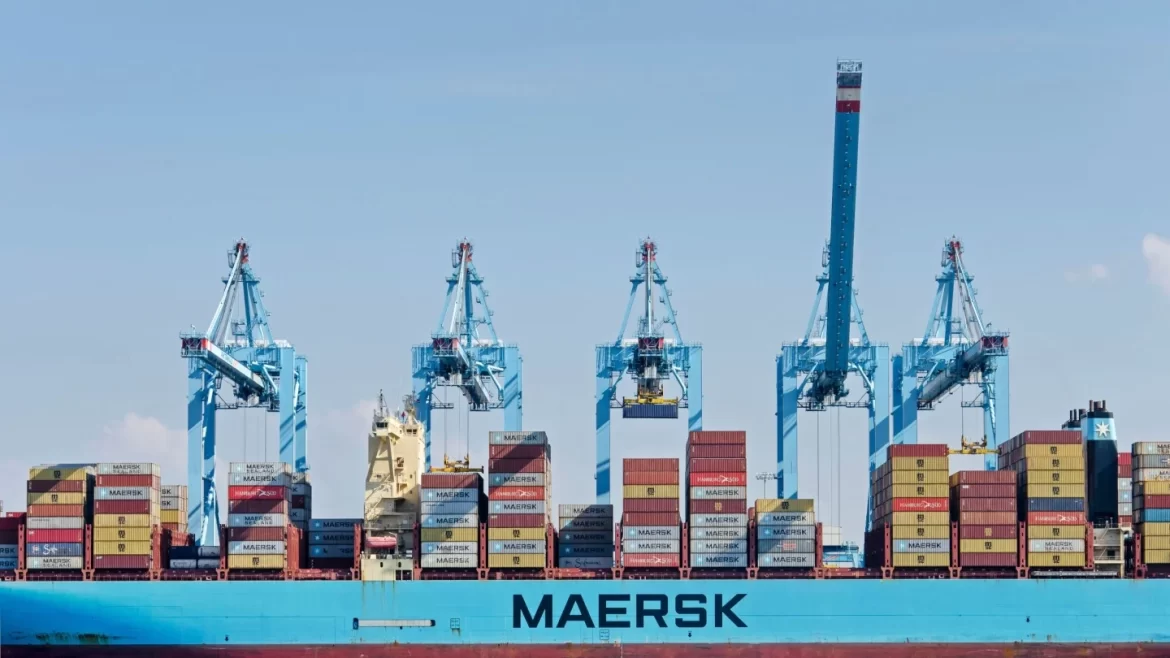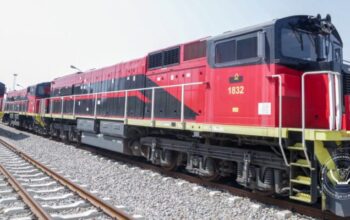A prolonged crisis in the Red Sea has been identified as a significant factor behind AP Moller-Maersk’s sharp decline in earnings before interest, taxes, depreciation, and amortisation (EBITDA), which dropped 92% year-on-year (YoY) for the first quarter (Q1) of 2024.
While gross revenue stood at $3.2 billion for Q1 in 2023, the line’s EBITDA fell to $1.5 billion. Excluding depreciation and amortisation, EBIT decreased to $117 million from $2.3 billion in the same YoY period.
The holding company of the world’s second-largest container line by capacity stated: “Results were driven by a good performance in terminals and the combination of higher demand and a prolonged Red Sea crisis.”
Maersk indicated that these conditions are likely to persist into the second half of the year, leading them to adjust the lower end of their guidance range upward from $-2.0.
Maersk CEO Vincent Clerc expressed optimism despite the disruptions in vessel traffic through the Suez Canal caused by the Red Sea crisis.
“We had a positive start to the year, with the first quarter developing precisely as we expected. Demand is trending towards the higher end of our market growth.”
Clerc added that recovery from maritime disruptions is expected to result in “an improved outlook for the coming quarters, as we now expect these conditions to stay with us for most of the year.”
However, he cautioned that the high number of new vessels being delivered this year and next could eventually offset these factors and put ocean markets under renewed pressure.
“We therefore relentlessly continue to pursue our cost agenda with the aim of rolling back the disruption-linked costs in ocean freight and restoring margins in logistics and services.”




